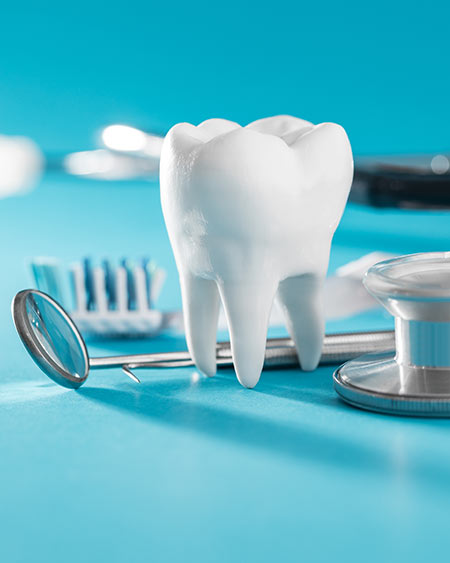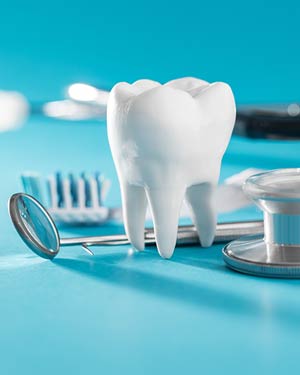Dentures Specialist for Seniors Serving Mesquite, Dallas TX
Dentures are removable dental appliances designed to replace missing teeth. They restore function, improve appearance, and enhance speech. Modern dentures are made to be comfortable, natural-looking, and durable. At Love 2 Smile Dental Practice, Dr. Divya Nagaraj DDS offers high-quality services to help patients restore their smiles. Contact us for more information or book an appointment online at your earliest convenience. We are located at 1050 N Bryan-Belt Line Rd Ste 102, Mesquite, TX 75149.




Table of Contents:
What are the dental dentures?
What are the four types of dentures?
What are the benefits of dentures?
How do you know when its time for dentures?
At Love 2 Smile Dental, our dentist works with each patient to create custom-made dentures designed to fit comfortably and look natural. We use the latest technology and materials to ensure our dentures last a long time and look great. Additionally, we provide comprehensive follow-up care so that your dentures stay in top condition.
Dental dentures replace missing teeth that can be removed and put back into your mouth. They are designed to mimic the look and functionality of natural teeth, enabling individuals to eat, speak, and smile with confidence. There are two types of dentures available: full dentures, which are used when all the teeth are missing, and partial dentures, which are used when some natural teeth remain.
The four main types of dentures offered are complete dentures, partial dentures, implant-supported dentures, and snap-in dentures. Complete dentures are used when all teeth are missing and can be either “conventional” or “immediate,” made after the teeth have been removed and the gum tissue has healed or immediately placed, respectively. Partial dentures are ideal for those who still have some natural teeth. These are held in place by metal frameworks attached to the natural teeth. Implant-supported dentures are anchored to dental implants for a secure, long-lasting fit. Snap-in dentures, the most stable type, are anchored to dental implants and feature ‘snaps’ that allow easy removal for cleaning.
Dentures offer numerous advantages to individuals experiencing tooth loss. Primarily, they restore the function and aesthetics of the mouth, enabling users to eat, speak, and smile with confidence. The cosmetic improvement offered by dentures is significant, as they fill out the appearance of the face and eliminate sagging caused by tooth loss, offering a more youthful look. Dentures also protect the remaining natural teeth from excessive wear and tear by redistributing the force exerted during chewing. Additionally, with options like implant-supported and snap-in dentures individuals can enjoy a more secure fit, ensuring the dentures stay in place without slipping or causing discomfort. Lastly, dentures are a cost-effective solution to tooth loss, providing a durable and long-lasting alternative to natural teeth.
Recognizing the right time for dentures is crucial for maintaining oral health and function. There are several signs indicating that dentures might be the right solution for you. Persistent toothaches may suggest that decay has progressed to a point where restoration is no longer feasible, and extraction followed by dentures may be necessary. Frequent gum infections, loose or shifting teeth, and difficulty in chewing certain foods are also strong indicators. Missing several teeth not only affects your ability to chew but also impacts facial structure and may lead to further dental problems. If you’re experiencing these symptoms, it’s advised to schedule a consultation at Love 2 Smile Dental where our skilled team can thoroughly examine and discuss the best course of action for your individual needs.
At Love 2 Smile Dental Practice, we understand the importance of a healthy, functional, and beautiful smile. Our team is committed to providing personalized, high-quality dental care to help you restore your smile and boost your confidence. If you’re experiencing any of the symptoms mentioned above, don’t delay in seeking help. Take the first step towards a new, vibrant smile today. Your journey toward a brighter, healthier smile starts with us. Contact us for more information or book an appointment online at your earliest convenience. We are located at 1050 N Bryan-Belt Line Rd Ste 102, Mesquite, TX 75149. We serve patients from Mesquite Dallas TX, Sunnyvale TX, Forney TX, Balch Springs TX, Garland TX, Rowlett TX, and BEYOND.


Additional Services You May Like
▸ Emergency Care
▸ Smile Makeover
▸ Invisalign
▸ General Dentistry
▸ Dentures
▸ Root Canal
▸ Dental Fillings
▸ Teeth Whitening
▸ Oral Cancer Screening
▸ Tooth Extraction
▸ Dental Crown
▸ Dental Bridges
▸ Dental Check-ups & Cleaning
▸ Pediatric Dentist
▸ Cosmetic Dentistry
▸ All-on-4 Dental Implants
▸ Dental Implants
▸ Single Tooth Implants



